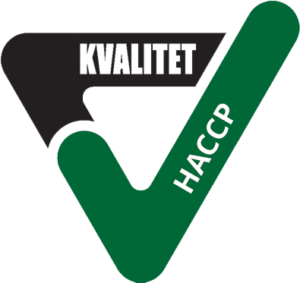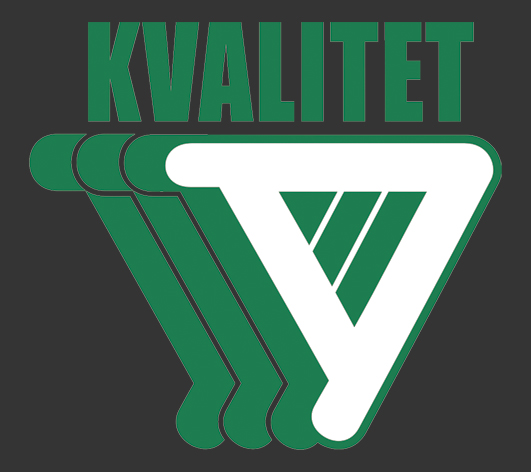Food safety is imperative in modern society, and one of the most effective tools for achieving high standards in this field is the Food Safety Management System known as HACCP (Hazard Analysis and Critical Control Points).
HACCP is a food safety system – a codex alimentarius recommended by the Food and Agriculture Organization (FAO) in collaboration with the World Health Organization (WHO). They are the architects of HACCP as general principles of food hygiene with recommended rules of good practice.
The complete name of HACCP is Codex Alimentarius Commission FAO/WHO – General Principles of Food Hygiene CAC/RPC 1-1969, rev. 5 2020.

HACCP represents a systematic approach to identifying, assessing, and controlling risks related to food safety. This system is essential for ensuring the safety of food throughout every step of the production chain, from raw materials to finished products.
Hazard Analysis: Identification of potential hazards, whether biological, chemical, or physical, that could threaten food safety.
Determining Critical Control Points (CCPs): Identifying points in the production process where hazards can be controlled or eliminated to guarantee food safety.
Setting Critical Limits: Defining boundaries that must be maintained at specific control points to prevent hazards.
Monitoring System: Developing a monitoring system to ensure that critical control points stay within set limits.
Corrective Actions: Defining actions to be taken if a deviation from critical limits is identified.
Verification Procedures: Developing methods to confirm the effectiveness of the HACCP system.
Documentation and Records: Maintaining detailed records of all aspects of the system to ensure transparency and proper documentation.
The Quality Certification Company a.d. Niš stands out as an institution that conducts HACCP certification in accordance with international standards. This certification confirms that the production process is fully compliant with HACCP principles, providing producers and consumers with additional assurance of food quality and safety.
Learn more about the certification process at this link:
Hazard Prevention: HACCP enables the recognition and prevention of potential hazards before they compromise food quality.
Compliance with Standards: HACCP certification adheres to the highest national and international food safety standards.
Consumer Trust: Certification by a reputable body like Quality Certification Company a.d. Niš adds value to a brand, building consumer trust in the quality of products.
Cost Reduction: Reducing the risk of food contamination minimizes costs related to product recalls and legal issues.
The HACCP Food Safety Management System and certification by the Quality Certification Company a.d. Niš are of paramount importance for preserving food safety and quality. This comprehensive approach provides the necessary assurance for both producers and consumers in light of increasing demands for high food safety standards.
